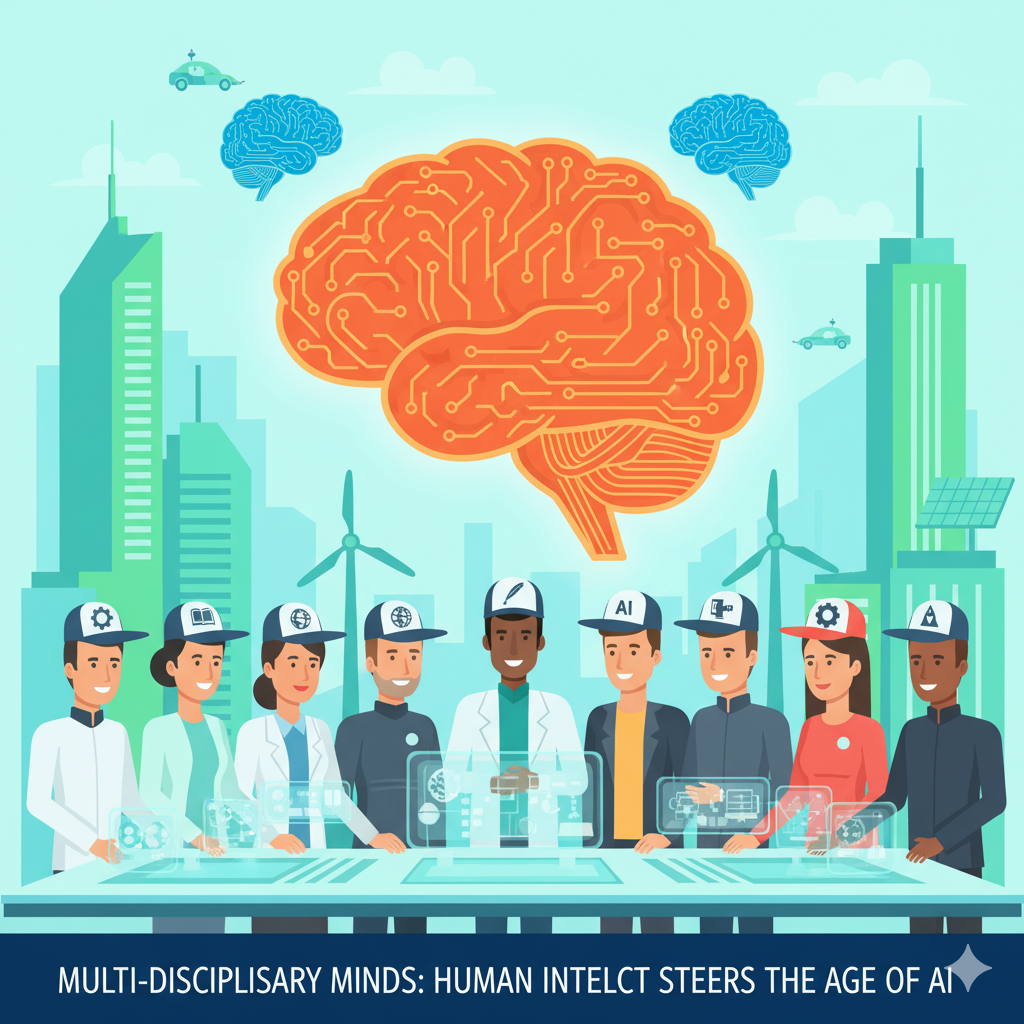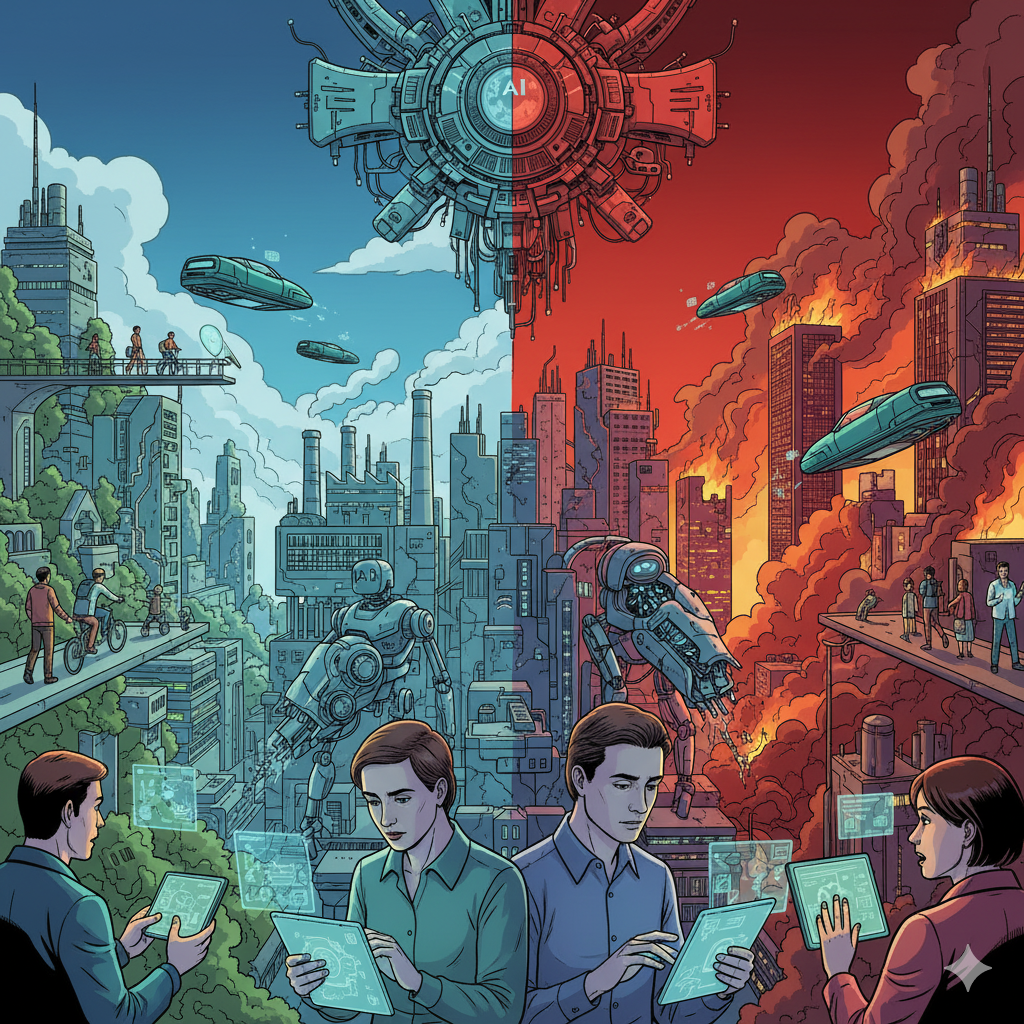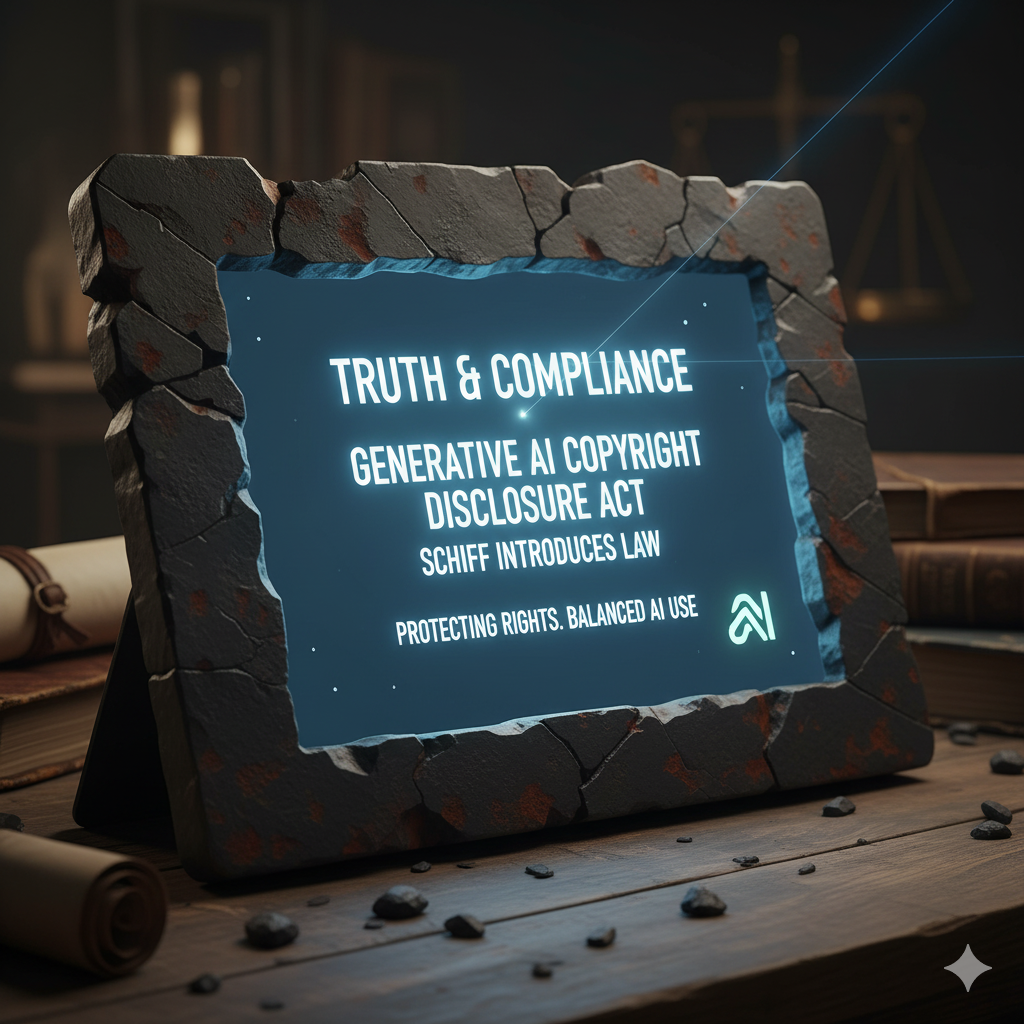The human brain powers the development of Artificial Intelligence. Research and development included wide trove of test data fed to and mastered by machine learning algorithms that a number of historic events were clipped, from AI beating the best human players in strategy games to natural language processors such as ChatGPT in its ability to intake questions in natural language and respond in full linguistic wonder that librarians and scholars would appreciate. AI continues to register new achievements and intelligent accomplishments that we are beginning to wonder if humanity is on a decline. Computers are developed to be tools, to partner with people to solve problems and as such there is not much evidence of man’s intellectual decline in that capacity. However, Artificial Intelligence computers may “…exceed human intelligence and capabilities on tasks …” (Anderson, 2018) someday.
Before computer scientists, mathematicians and other professionals were able to build and actualize the intelligent computers we have today, we expressed our creative instincts for a technological future through science fiction mediums of storytelling. In its hay day Star Trek television series, aired from 1966-1969, went where no science fiction show had gone before on a weekly basis, capturing the imagination of its audience with some of the greatest minds of future societies abroad a spaceship navigating the dangers of space, teleporting to planets, spreading democratic ideals, aided by the use of mini-communicators that look much like today’s cellphones, hand held laser weapons, interacting with computers smart enough to understand voice command as we currently do in asking Alexa for the weather in Kilimanjaro for a planned winter vacation, trekking to its snowy summit.
Star Trek and other science fiction works have inspired today’s technological innovators to bring us to an age where our world is rapidly transforming and integrating artificial intelligence into all layers of society. A sign of the times is that many artificial intelligence jobs remain unfilled (Overby, 2024) while as many students take up courses for job security against the new technological frontier. Humans, as envisioned in Star Trek’s original series, remained ideally moral, intelligent and seem to maintain an edge of other beings in the universe. The plethora of science fiction fare such as Hollywood’s view of Artificial Intelligence in Terminator and Matrix franchise, where master artificial intelligence reach the “singularity” and decides, in their respective and singular wisdom, to terminate or enslave mankind (Buttazzo, 2023), may leave us confounded and worried as we project these perceptions in a real world being rapidly colonized by neural networks, natural language processing, and machine learning to wonder if our intelligence has been out sparked, mechanized in multiples of quantum leaps by machines and rendered obsolete by the processors yet to be revealed in cutting edge research chip fabrication labs around the world (Lahiri, 2024).
Human brains are powerful in that we envisioned and dreamed about computer, robots and artificial intelligence, expressed it in our arts and engineered their existence in a sequence of technological revolutions from the First and Second Industrial Revolutions to the Rise of Computers and Telecommunication in the Third to the current digital and artificial intelligence revolution (A brief history of the 4 industrial revolutions that shaped the world, 2023). Why is it that we are now worried that our intelligence may be eclipsed by Computer systems that are capable of complex analysis and decision-making ability? Reports are that the efficiency and scalability of Artificial Intelligent solutions is attractive to business because they add value and scalability in their ability to churn 24 hours at an unfathomable rate than humans as such the result is people out of work.
The dismissal and idling of workers may lead to a perception we are not using our brains enough. However, if a shipping dock is fully automated with Artificial Intelligence managing most of the cargo and coordination in moving goods in and out (Ahmed, 2024), it is an indicator that there is an opportunity to retrain a displaced worker on the arduous task of new skilled employment. The worker was not displaced because we are not intelligent enough, we lose our positions in the economic reality of machines that never strike, never ask for wages and work without rest. The computers outcompete humans in a world that pivots on economic margins of value. The harm of work displacement whether for blue collar or white-collar jobs is harmful.
Society governments, employers, educators, and other stakeholders need to address one of the benefits of technological automation in that it gives people more leisure time to pursue recreational activities. However, we will need income and access to resources to explore our passions in the world, retain the void of dignity and purpose that was met in some cases by employment and moral and ethical clarity that will not unjustly paint those impacted by the artificial intelligence revolution as less than capable, valuable or smart people.
Each age of technological wonder and disruption to the status quo has required new skillsets from humans. Artificial intelligence is moving fast as we designed it despite those limitations that it requires a powerplant to power data center (Reuters, 2024) for performance exhibited by the human brain. The economy of the new age will need workers with income to access products and services. Developers of AI may need to take this into consideration as the system scaled across all global layers of society. Human intelligence has lifted AI to capabilities not displayed by any form of technology in history. It also challenges us to lift ourselves in creating a moral and ethical framework that takes us all into a positive future of mutual benefiting from AI and not to an end of world scenario for the value of human intelligence.
A brief history of the 4 industrial revolutions that shaped the world. (2023, September 27). Institute of Entrepreneurship Development. https://ied.eu/project-updates/the-4-industrial-revolutions/
Ahmed, Z. (2024, June 21). Watch: Understanding autonomous Port operations. Marine Insight. https://www.marineinsight.com/videos/understanding-autonomous-port-operations/
Anderson, J., & Rainie, L. (2018, December 10). Artificial intelligence and the Future of humans. Pew Research Center: Internet, Science & Tech. https://www.pewresearch.org/internet/2018/12/10/artificial-intelligence-and-the-future-of-humans/
Buttazzo, G. (2023, August 25). Rise of artificial general intelligence: Risks and opportunities. PubMed Central (PMC). https://www.ncbi.nlm.nih.gov/pmc/articles/PMC10485377/Links to an external site.
Lahiri, A. (2024, March 26). Nvidia supplier SK Hynix to launch $4B semiconductor facility in Indiana, aims to revitalize US semiconductor manufacturing. Yahoo Finance. https://finance.yahoo.com/news/nvidia-supplier-sk-hynix-launch-195806745.html
https://www.reuters.com/technology/artificial-intelligence/us-nuclear-plants-wont-power-Links to an external site.up-big-techs-ai-ambitions-right-away-2024-09-2




